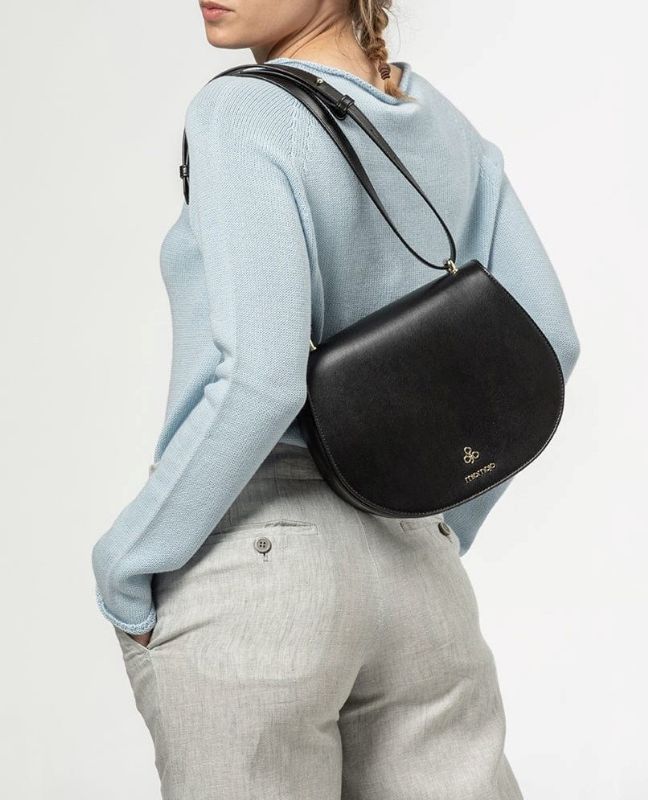- Home
- News, Articles & Reviews
We are hiring! Please click here to join our growing magazine delivery team in Gloucestershire!

Living the vegan lifestyle
All Areas > Health & Beauty > Vintage & Sustainable Fashion
Author: Lynda Rowland, Posted: Wednesday, 9th November 2022, 09:00
Eating a solely plant-based diet is no longer seen as a strange, alternative choice. Most restaurants now offer several vegetarian dishes and many include vegan offerings on their menus. It’s also fairly easy to access vegetarian and vegan ready-meals, as well as a wide choice of ingredients for cooking your own vegetarian and vegan dishes from scratch, in any supermarket.
I was therefore quite surprised to read that in a YouGov poll taken last January there was still only 5-7% of people following a totally vegetarian diet in Britain, and just 2-3% going vegan. However, that figure has probably increased slightly over the last ten months, and the statistics almost certainly contain regional and generational variations. My son is now a vegetarian and my daughter and her partner are both vegans. All three live in the South East of England.
The most popular reason for turning to a plant-based diet is concern for animal welfare. Once people set out on a vegan or vegetarian course however, they often prioritise health and the state of the environment as their motivation for continuing with it.
This lifestyle change gradually has an impact on other areas of personal choice, and many vegans and vegetarians decide to forgo beauty and household items that have been tested on animals or contain any form of animal product.
It is very easy to access these as there are now plenty of companies producing cruelty-free products in those categories. However, there is still the potential for difficulty and personal conflict when making clothing choices.
Implementing a true vegan lifestyle involves individuals having to make changes to the way they shop for clothes, shoes and accessories too, and interestingly this is not particularly easy to reconcile with sustainability.
According to the poll, 60% of vegans would not wear any new leather goods, but some would consider buying second-hand leather. This option could be considered more environmentally friendly than wearing synthetic or ‘vegan’ leather, which is often made from plastic-based materials.
The fact that the plastics in certain faux leathers such as PVC are not biodegradable and therefore the garments have a detrimental environmental impact, both during their production and after their wearable life, is a major consideration. However, although some people feel that leather is a by-product of the meat industry, and therefore not the primary cause of animals being killed, this view would probably not be shared by a vegan, or by many vegetarians either.
The good news is that polyurethane or PU leather has less of an environmental impact, as it does not emit high levels of toxic chemicals when it is disposed of. There are also new leather alternatives being developed from materials such as pineapple leaves, apple products and cork, as well as recycled plastic bottles, which can be used to make bags, shoes, belts and other accessories.
For a true vegan, it is not just leather that is an issue. Many feel that certain wool and silk farming and production methods involve cruelty, and they will only wear acrylic knitwear and clothing made from plant-based fabrics such as organic cotton, linen and hemp.
veganoutfitters.com have committed to donating just over 10% of their profits to animal sanctuaries and only use ‘soft touch acrylic’ for their winter knits. Immaculate Vegan.com offers a curated collection of vegan fashion including shoes, bags and sustainable clothing.
To be a true vegan dresser involves a great deal of research and investigation into the production methods and supply chains of any company you consider buying from. This is the only way to feel fully content that your principles are being complied with. But be aware when you are looking at companies’ sustainability pledges, that there is still a lot of greenwashing going on, and this can easily mislead the consumer.
As time goes on and with more awareness of animal welfare, sustainability and concern for the environment, it may soon be easier to create a sustainable and eco-conscious wardrobe that fits comfortably within a vegan or vegetarian lifestyle.Copyright © 2026 The Local Answer Limited.
Unauthorized use and/or duplication of this material without express and written permission from this site's author and/or owner is strictly prohibited. Excerpts and links may be used, provided that full and clear credit is given to The Local Answer Limited and thelocalanswer.co.uk with appropriate and specific direction to the original content.More articles you may be interested in...


© 2026 The Local Answer Limited - Registered in England and Wales - Company No. 06929408
Unit H, Churchill Industrial Estate, Churchill Road, Leckhampton, Cheltenham, GL53 7EG - VAT Registration No. 975613000You are leaving the TLA website...
You are now leaving the TLA website and are going to a website that is not operated by us. The Local Answer are not responsible for the content or availability of linked sites, and cannot accept liability if the linked site has been compromised and contains unsuitable images or other content. If you wish to proceed, please click the "Continue" button below:




